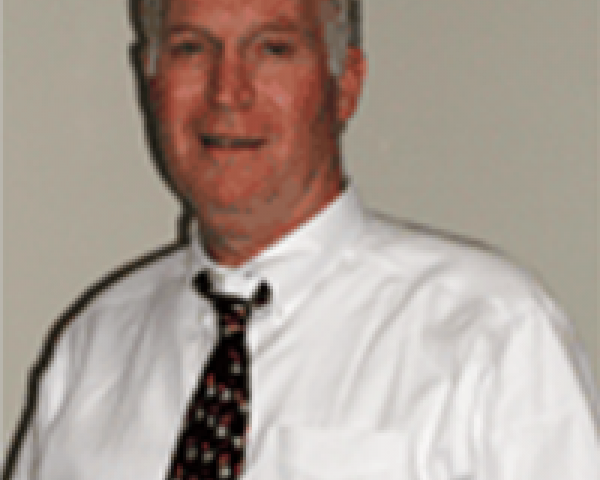Weeks ago, Jim and I met for coffee to solve all the world’s problems. We didn’t, but he did hand me an article about Sudoku and said, “There may be a story in here.” He was right. I just didn’t realize how quickly it would appear on my computer screen.
Later that day, when I was driving down Main Street in New Iberia, La., I saw mobs of “geeks” (the politically correct term is “millennials”) playing Pokémon Go. My wife works Sudoku puzzles. I had read about Pokémon Go, but I have never even seen it played before.
See also: Pokémon Go Highlights Disruptive Technology
I was impressed with the marketplace’s embrace of Pokémon Go. One hundred million devotees in less than a year is a game-changer.
If, like Sudoku, your business is manual, local- and pencil- and paper-dependent, your universe is limited to yesterday. If you are global and virtual like Pokémon Go, there are no boundaries — only opportunities. Your future depends on the choices you make, local or global, manual or virtual.
Now let’s quit playing around and get serious about the insurance industry and your place, if any, in tomorrow’s world.
Whether you prefer the metaphor of revolution or evolution, our world is changing. The change is going to be structural, revolutionary and transformational. The reason is that when one thing is different it's change; when everything is different it's chaos.
In terms of natural disasters, think 9/11, Hurricane Katrina and New Orleans, the Japanese tsunami, etc. For economic crises, consider the 2008 economic collapse, the stock market crash, the GM bailout, the demise of AIG, Lehman Brothers, etc. — and then remember the past and current reshuffling of the retail and distribution systems in our world (Amazon, Uber, Airbnb, Expedia, WebMD, Netflix, etc.) I could go on, but I won’t. I can’t remember all the changes, nor can I outrun the pace of change.
These changes from yesterday were triggered by systems, big data, technology, global competition and corruption, the internet and a marketplace that has evolved over time — from the corner store, to Main Street, to strip shopping centers, to malls, to box stores and even to a virtual presence in cyberspace. The big change now and tomorrow is not place but rather people and pace.
See also: Look Up, Look Out, Think New!
Our industry was built for a “father knows best” world. The youngest of the Greatest Generation are now 70 years old. Their progeny are the Boomers, who are 52 and older. Those in Gen X are age 32 and above, and the Gen Y and millennials are somewhere between 12 and 34.
In tomorrow’s market, age doesn’t matter — wiring does. Every preceding generation was born to analog; these Gen Yers/millennials are digital natives. What we “old” folks see as aberrations, they see as the norm — and they and the market ain’t going back ever again. By 2025 (which is nine years away) millennials will be 75% of the working people. The next nine years may bring more technological advances than we’ve seen in our collective lifetimes.
Our options are simple: We can go enjoy a smoke and a Sudoku on the bank of the nearest tar pit and wait for a meteor to end our pain and frustration, or we can shift into high gear and catch up with the roaming hordes of Pokémon Go folks and play in — and with — the world as it’s going to be!
THE MARKET IS CHANGING BECAUSE BUYERS CHANGE!
Change or die! Carpe mañana!


